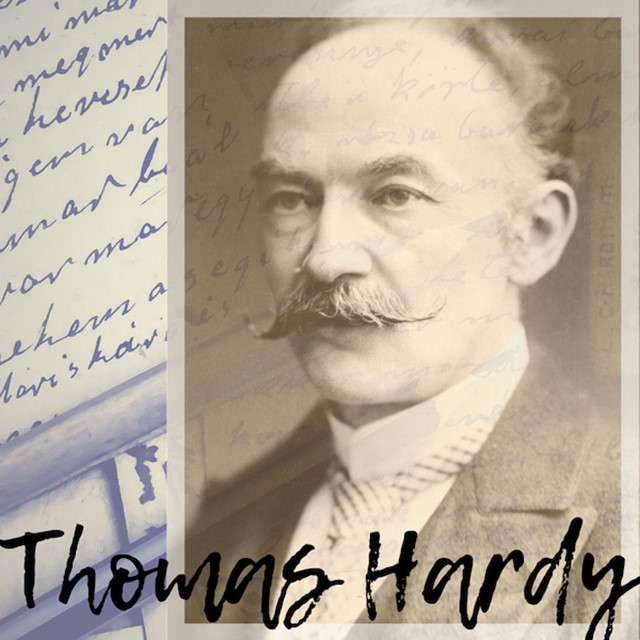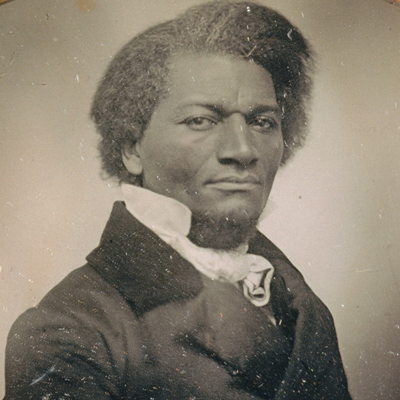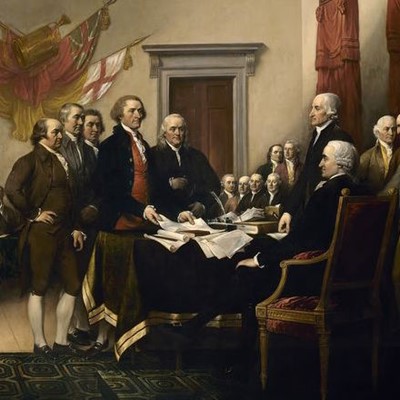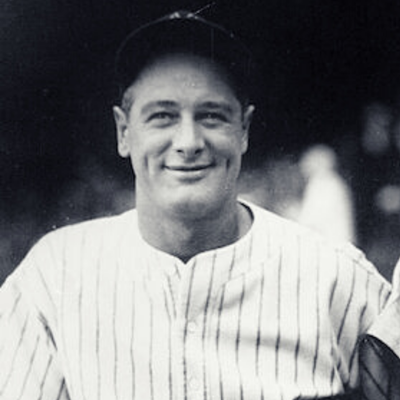
The Buckley School's founder believed that all public speakers should hone their presentation skills by reading poetry out loud. We keep that worthwhile practice alive by including a poem in our magazine each month for you to read aloud.
"My opinion is that a poet should express the emotion of all the ages and the thought of his own."
– Thomas Hardy
Though better known to us, perhaps, as the novelist who created Tess of the d’Urbervilles and Far from the Madding Crowd, Thomas Hardy thought of himself as a poet first. He published around a thousand poems in his lifetime.
Born in 1840, Hardy apprenticed to an architect at 16 because his family could not afford to send him for a university education. He won several prestigious architecture prizes, renovated a number of historic churches, and designed his home, Max Gate.
And all the while he wrote—novels, poems, short stories, plays, an autobiography. With a life that spanned the Victorian Era, the turn of the century, and World War I, Hardy lived 87 years and died in 1928.
 Thomas Hardy was doing his part to save the dumbledore, at least in this poem.
Thomas Hardy was doing his part to save the dumbledore, at least in this poem.
For this month’s read aloud, we provide these lines we’re sure you can use to delight a variety of audiences, including Harry Potter fans (just say “dumbledore” and pause dramatically) not to mention anyone who needs a attitude adjustment toward summer insects (looking at you, Palmetto bug).
An August Midnight
By THOMAS HARDY
I
A shaded lamp and a waving blind,
And the beat of a clock from a distant floor:
On this scene enter--winged, horned, and spined—
A longlegs, a moth, and a dumbledore;
While 'mid my page there idly stands
sleepy fly, that rubs its hands . . .
II
Thus meet we five, in this still place,
At this point of time, at this point in space.
My guests parade my new-penned ink,
Or bang at the lamp-glass, whirl, and sink.
"God's humblest, they!" I muse. Yet why?
They know Earth-secrets that know not I.






